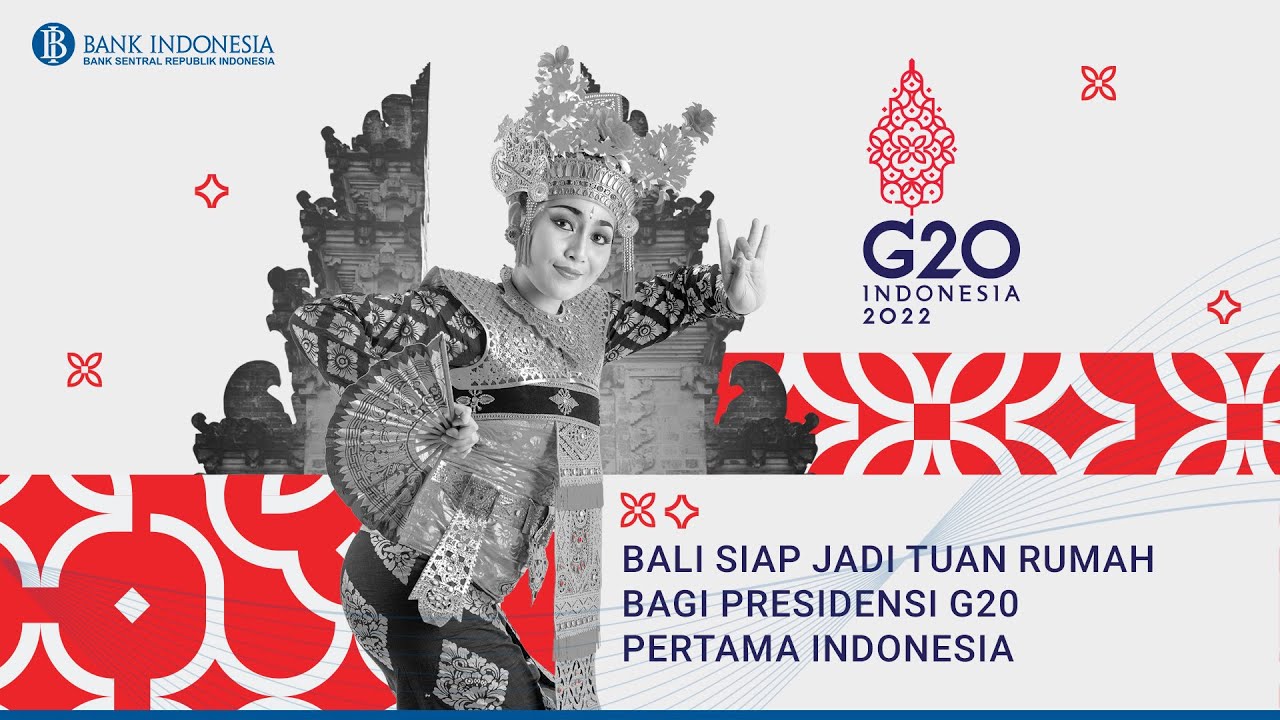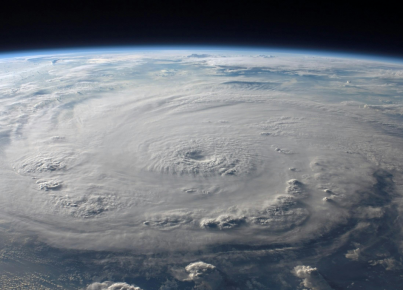The declared goal of the Indonesian presidency was to bring attention back to emerging and developing countries, but unfortunately geopolitics and the war in Ukraine got in the way
By Ilaria Zolia
Indonesia is finalising preparations to host the 15-16 November G20 summit in Bali. Joko Widodo, Indonesian President and G20 President-in-Office, visited Kiev and Moscow in late June to meet with Volodymyr Zelensky and Vladimir Putin, becoming the first Asian leader to meet with both heads of state since the start of the war. Widodo's visit, stressed Indonesian Foreign Minister Retno Marsudi, 'underlines the concern for humanitarian issues, in an effort to help solve the food crisis caused by the war, as well as its consequences'. In various forums on the sidelines of the UN General Assembly, Marsudi repeated the same mantra: 'As a host nation, Indonesia is intent on advancing multilateralism and promoting post-pandemic economic growth'.
At the dawn of his G20 chairmanship and picking up the baton from Italy, Widodo had said that Indonesia hoped to provide a platform for global partnerships and international financing to support the energy transition to cleaner renewable sources during his presidency. Jakarta is well aware of the difficulties emerging economies face when faced with the transformation that the energy transition requires. What is considered one of the main solutions on the table is, for developing countries, a challenge that requires first and foremost universal access to quality electricity. Indonesia alone has sovereignty over 17,500 islands and a sinking capital city, while economic policy is deeply rooted around fossil fuels. The projects are many and ambitious, such as a solar park in Java that will be completed by the end of 2022 and will be, with its 145 Megawatts, the largest in the country.
The declared aim of the Indonesian presidency was to bring attention back to emerging and developing countries, but unfortunately geopolitics and war got in the way. Much of the discussion in the months leading up to the summit focused on the presence of Vladimir Putin, Xi Jinping and Joe Biden and possible bilateral meetings between the three leaders of Russia, China and the United States. In his remarks at the Global Governance Group Forum held in New York, Marsudi emphasised the need for the G20 summit to produce results that benefit everyone, without being overburdened by current geopolitical issues. Former Indonesian leader Susilo Bambang Yudhoyono invited US President Joe Biden to meet with Russian and Chinese counterparts Vladimir Putin and Xi Jinping at the G20 summit in Bali next month to avert the 'real possibility of a third world war'. It would be Biden's first meeting with both leaders from Moscow and Beijing since the start of the war in Ukraine. "Europe and East Asia could breathe a sigh of relief" if the Bali summit is a success, says Yudhoyono.
Against this backdrop of tensions, the Indonesian G20 presidency has long been walking a tightrope to defend its neutral stance on the war in Ukraine. Rivalries between the West and the Kremlin will pose a challenge for the summit host country, which has never openly taken sides by maintaining the ASEAN 'third way' line based on neutrality and pacifism. Despite the pressure, Indonesia has so far 'successfully handled the pressure', according to Ina Hagniningtyas Krisnamurthi, Indonesian Ambassador to India. "We hope to have a joint communiqué... and we hope to be a good host for all those who come to Bali," she told the Indian newspaper The Economic Times.
For Jakarta, the G20 is still a forum with economic development at its core to boost cooperation between emerging economies and global powers. According to Teuku Rezasyah, an expert on international relations at Padjadjaran University in West Java, the summit is likely to end without a joint communiqué due to the heated tensions between the members, which would be the same outcome as the preparatory meeting for the Foreign Ministers' Summit held on 7-8 July in Bali. "If there is no joint communiqué, there should be a statement by the President outlining the issues contested by the G20 members, so that we can see which members violate the G20 principles and which support them," he added. Indeed, at the meeting the Foreign Ministers of the participating G20 countries failed to find common ground on the war in Ukraine and its global impact. Also present at the meeting was Russian Minister Sergei Lavrov, who left the ministerial session while his German counterpart Annalena Baerbock was criticising Moscow for the war in Ukraine. Widodo has always stressed the importance of the participation of all leaders. In an interview with Bloomberg on 19 August, he said: 'We are going through a food crisis and an energy crisis. Indonesia wants to be friends with all countries, we have no problems with anyone. What we want is for this region to be stable, peaceful, so that we can build economic growth. And I think not only Indonesia, but also Asian countries want the same thing,' he concluded. During its chairmanship of the G20, Indonesia has developed an agenda that reflects the interests of developing countries in global health architecture, digital economy transformation and energy transition. Jakarta hopes that somehow its agenda will not be erased from geopolitics altogether.






